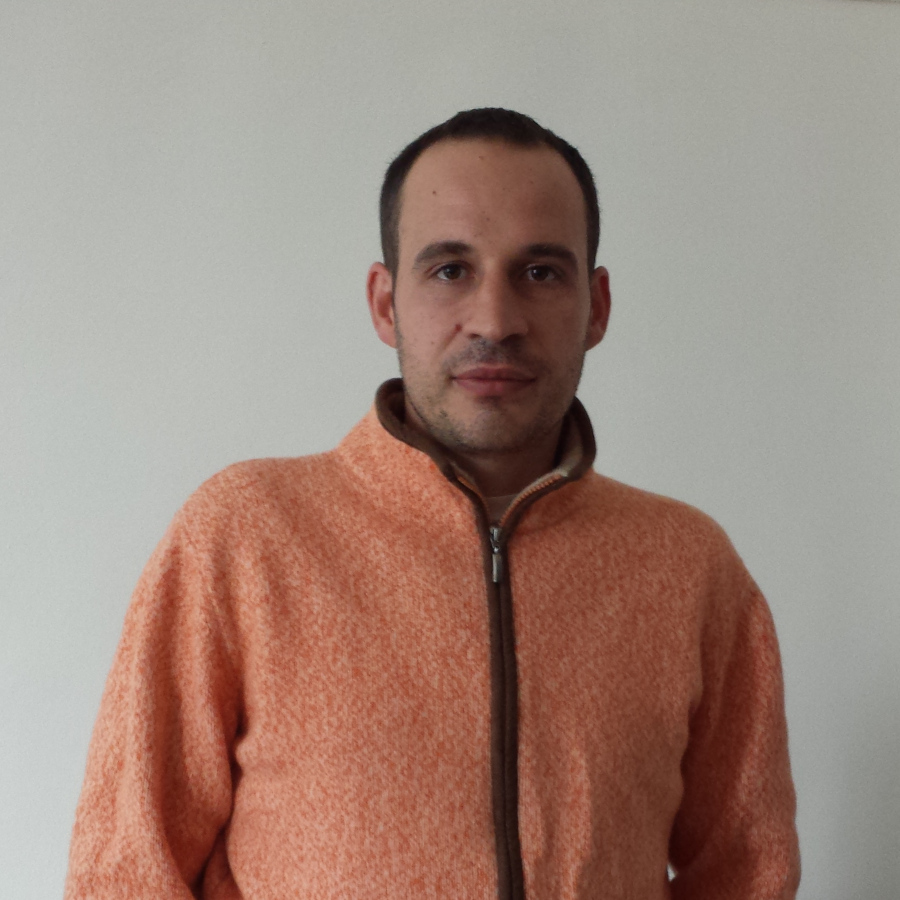About
Grigor Iliev is a Bulgarian composer born in Sandanski, Bulgaria. At the age of 15 he began playing guitar. Two months later he started playing piano and soon the piano becomes his favorite instrument.
At the age of 21 he suspended his musical initiatives and began studying computer science. He received a bachelor's degree in Informatics from South-West University "Neofit Rilski" and was assigned as an assistant professor in the Computer Science department of the same university. Being a follower of the open source idea, in 2005 he joined the development of the LinuxSampler project, working mainly on the creation of platform-independent frontend for LinuxSampler. At that time he also resumed his musical initiatives and in October 2005, thanks to the open source software, his first professional recording, Winter Story, was finally out. In 2014, he released his first album, Winter Story. In 2015, he left his job as assistant professor and started working as a software developer.
Currently, he composes music in his spare time with the hope that he’ll become a full-time composer when he retires.

